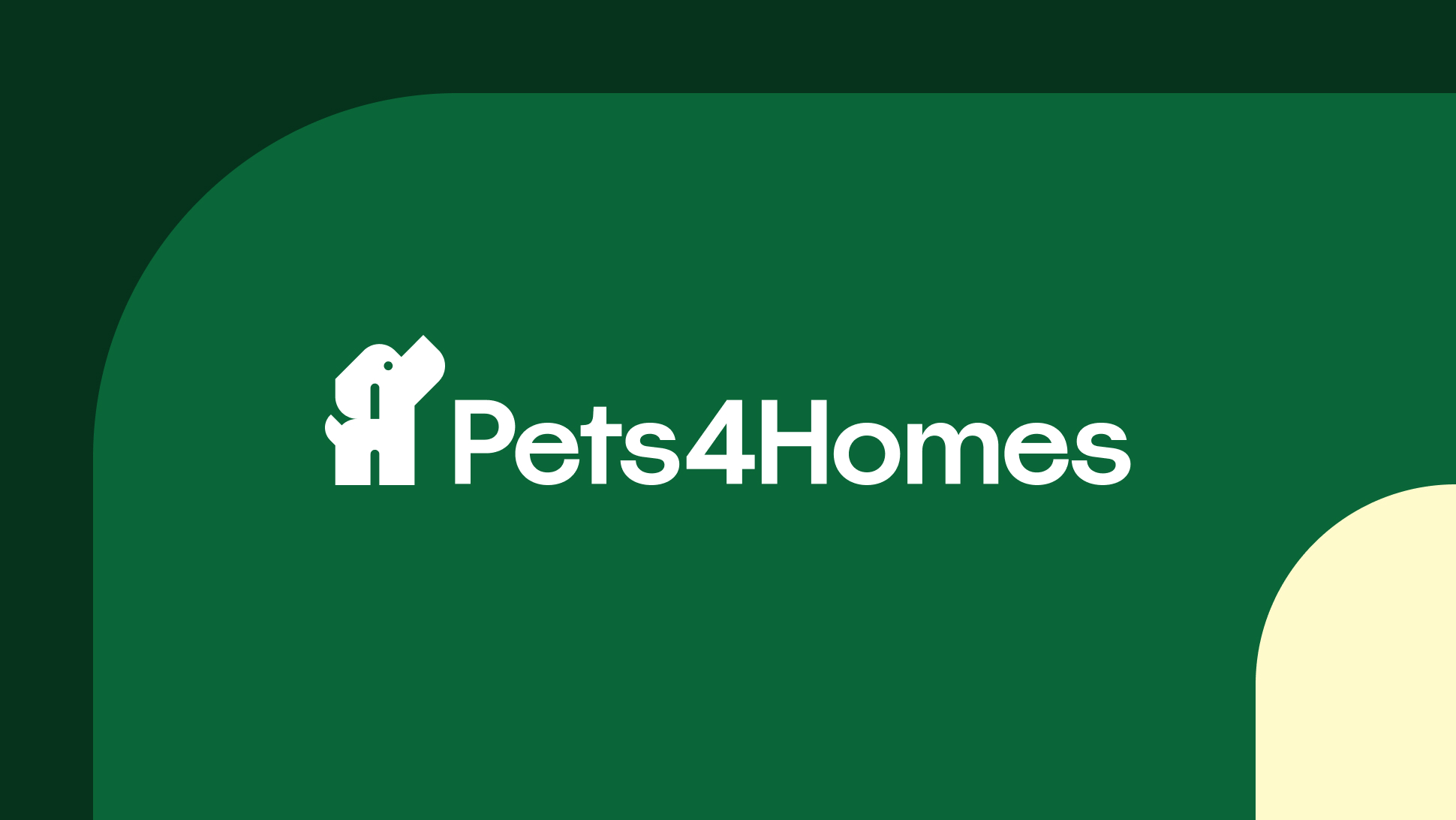
Keeping Your Dog Safe on Christmas Day: Top Tips
Christmas is a wonderful time when families gather, but it can be overwhelming for new puppies or dogs. Unexpected excitement can lead to accidents or stress, so it's important to know how to keep your four-legged friend safe while enjoying the festivities responsibly.
If you're planning to welcome a new puppy this festive season or have a young dog, remember that holiday activities might confuse or over-excite them. For example, playing with puppies while wrapping presents might unintentionally teach them to unwrap gifts, turning fun into a frustrating mess.
1. Opening Presents
Consider keeping your puppy or young dog out of the room during the present-opening. The excitement could be too much for them, causing anxiety or behavioural issues like nipping or growling. Offering a quiet space like the kitchen can prevent injuries and allow guests to relax without disturbance.
2. Clean Up All Wrapping Paper & Accessories
Wrapping materials—such as paper, ribbons, and tape—may seem harmless but can be dangerous if eaten. Dogs chewing on these items risk serious digestive blockages that require urgent veterinary attention. Always tidy up decorations immediately to keep your pet safe from harm.
3. Take Your Puppy for a Morning Walk
A brisk walk early on Christmas Day helps your puppy or dog relieve themselves before the day’s excitement and expends some energy. A 20-minute walk can help calm them and reduce the likelihood of accidents indoors during busy times.
4. Provide a Safe and Comfortable Space for Timid Dogs
If your dog tends to be shy or anxious, create a peaceful sanctuary away from guests and noise. Prepare their favourite spot with bedding, fresh water, food, and toys. Check on them regularly, approximately every 30 minutes, to ensure they feel secure and cared for during the festivities.
5. Manage Excitable Dogs
Keep energetic dogs in a quiet room during socialising to prevent overly boisterous behaviour such as jumping on guests. This helps avoid stress for your dog, unwanted injury, and teaches them appropriate behaviour, making everyone’s Christmas more enjoyable.
6. Keep Dogs Out of the Dining Area
During Christmas dinner, it’s best to keep dogs out of the dining room. Many traditional foods such as chocolate pudding can be toxic to dogs, and guests might unknowingly offer inappropriate treats. Keeping your pet safely away from food ensures their health and prevents embarrassing moments.
7. Inform Guests Not to Feed Your Dog
Explain to family and friends that your dog is in training and only receives special dog treats as rewards. This maintains consistent training and prevents dietary upsets or allergic reactions caused by random snacks.
8. Supervise Interactions Between Young Children and Dogs
Children often become very excited around puppies, which can lead to rough play. This might cause your dog to nip or become stressed. Monitor their interactions closely, and if the children become too excitable, safely separate the dog in a quiet room with toys and water.
9. Safety Around Decorations and the Christmas Tree
Secure your Christmas tree firmly to avoid it tipping, and ensure decorations are out of your dog’s reach. Avoid tinsel, glass ornaments, and edible decorations, as these can be choking hazards or toxic if ingested. Manage electrical cords carefully to prevent chewing and electric shocks.
10. Avoid Toxic Plants and Fireplace Hazards
Many traditional holiday plants like poinsettias, holly, mistletoe, and ivy are toxic to dogs if eaten. Keep these plants well out of reach. Also, supervise pets near fireplaces or heaters to avoid burns or accidental injuries.
Conclusion
With a little planning and vigilance, you can keep your dog safe and comfortable this Christmas. Providing a secure environment and clear boundaries lets everyone enjoy the celebrations while protecting your beloved pet. Remember, a happy pet means a happier holiday for all involved!